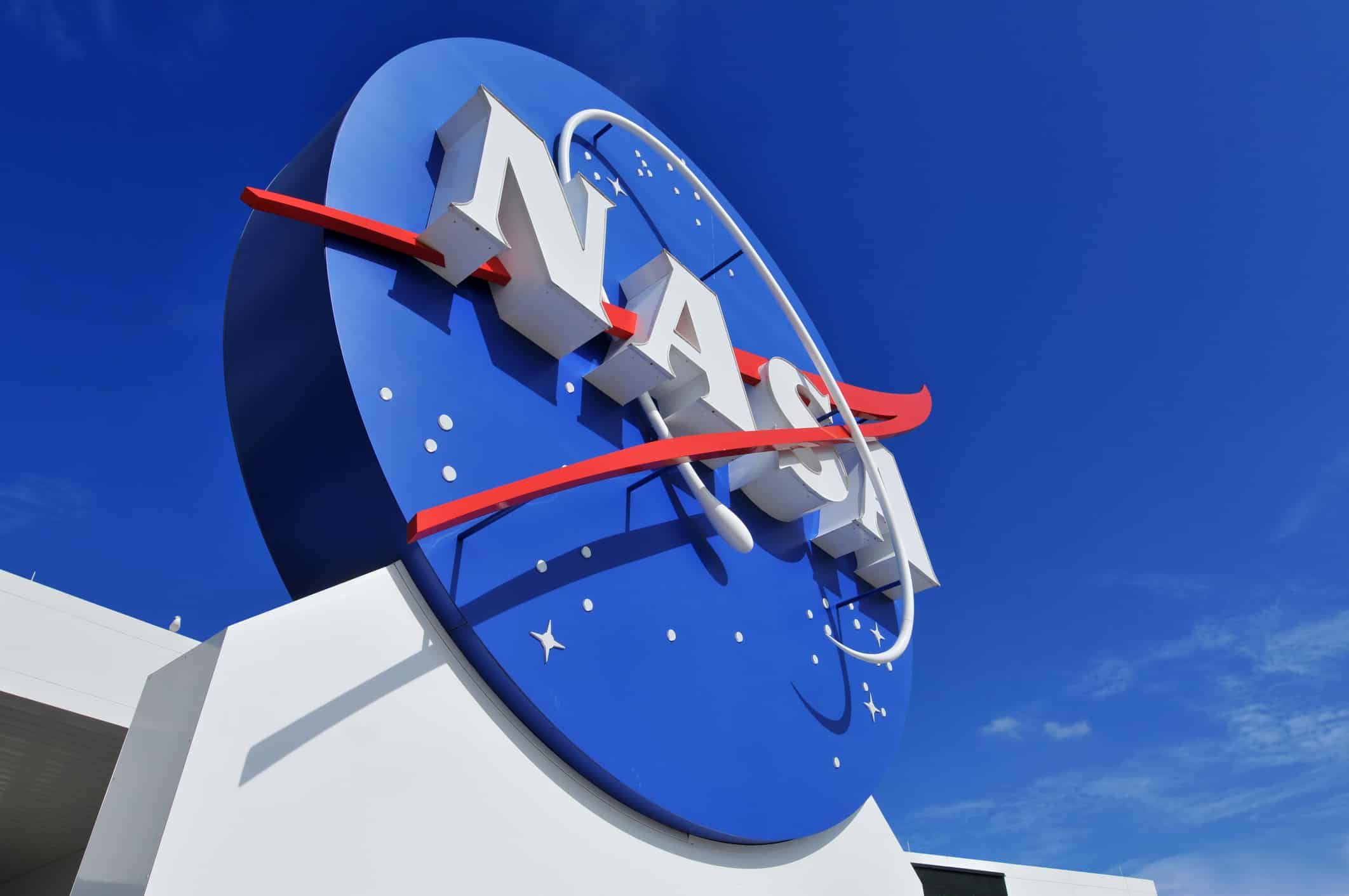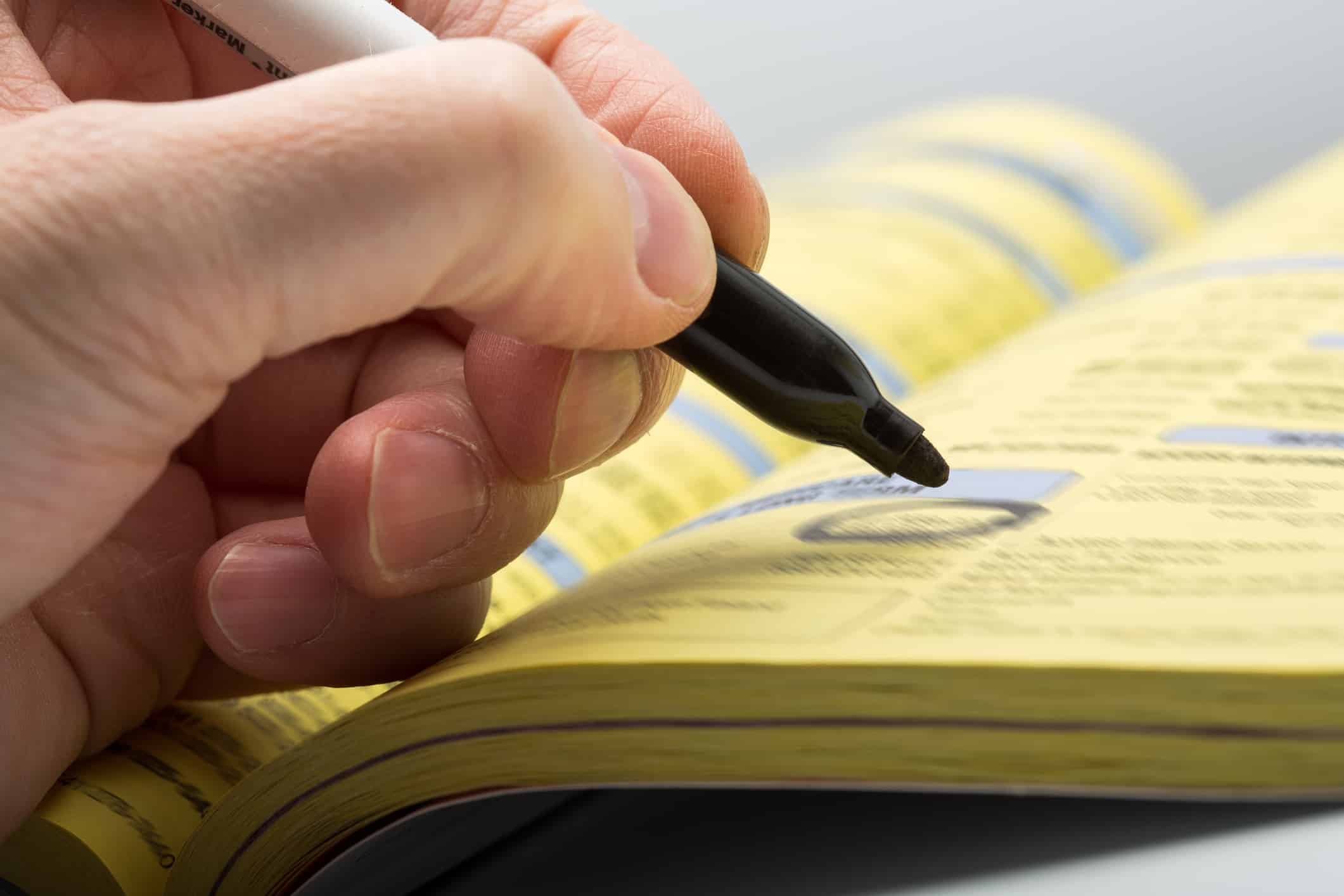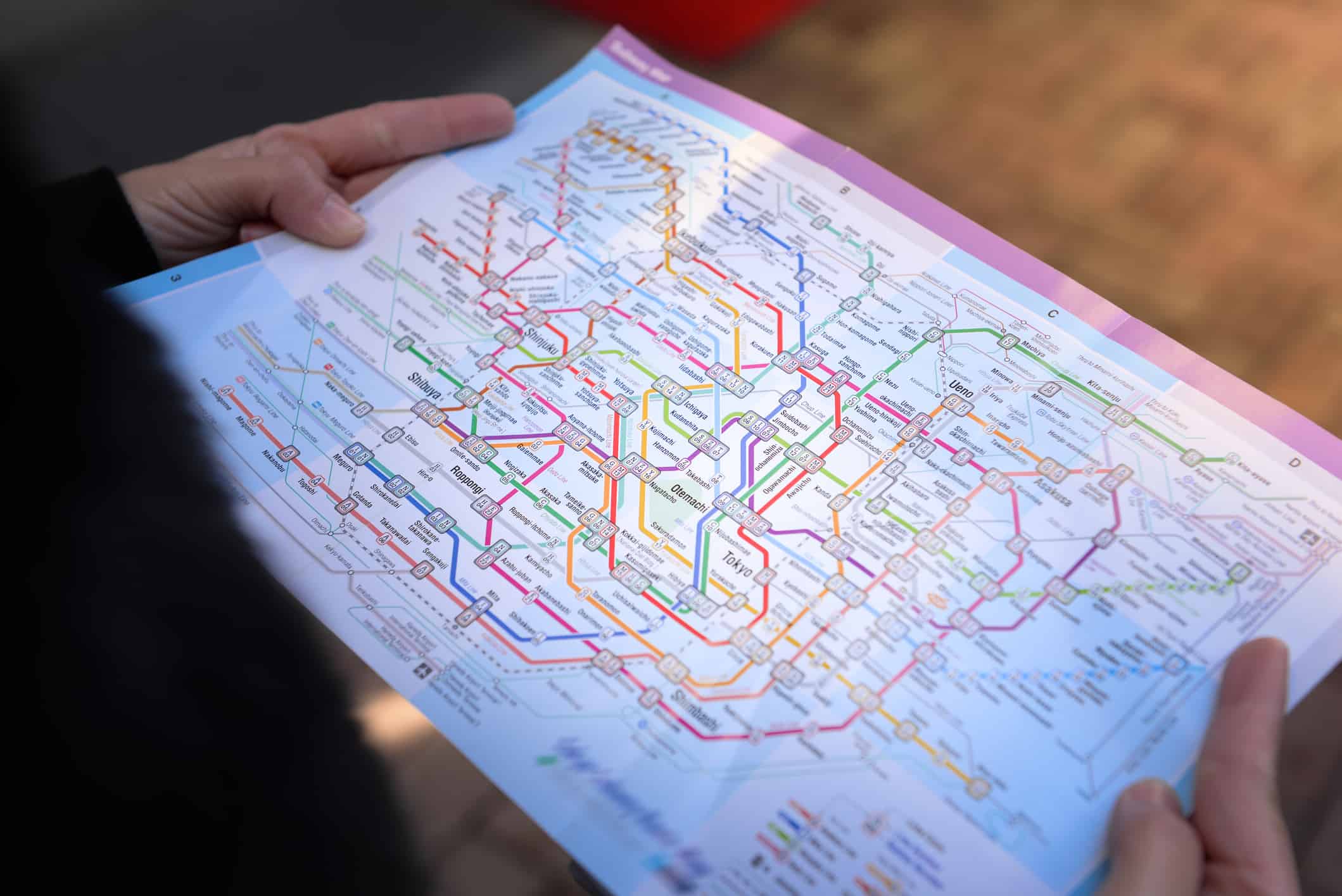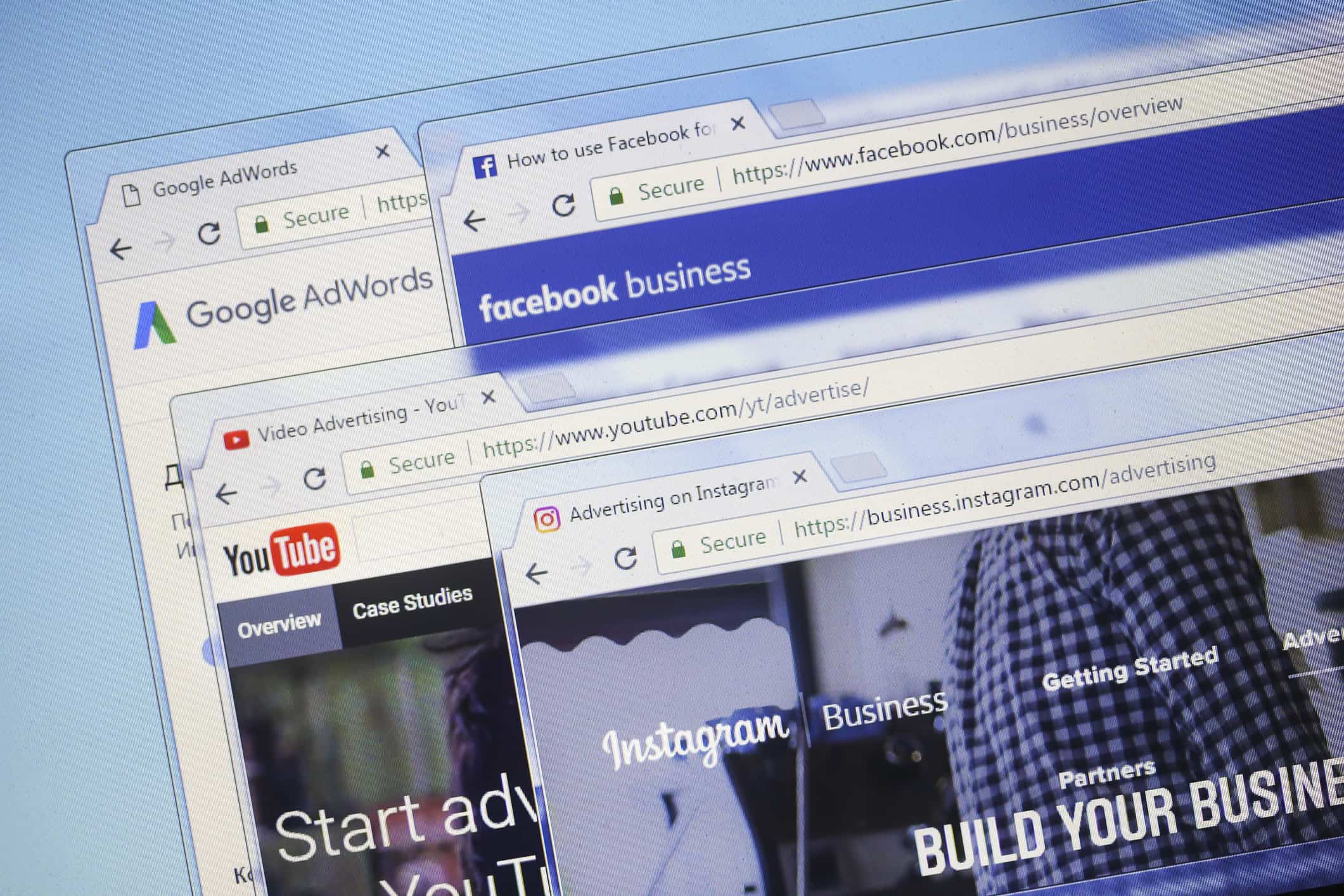A simple typo can have massive consequences.
Just ask Lynne Lambert. Her company, NYC Subway Line, is a small business that assigns data entry duties to a single employee. Accuracy is crucial because each invoice represents a fairly significant portion of the company’s revenue.
“We had a person in that job who would swing from very good to terrible within a day,” Lambert tells Urbo. “One day, we discovered two errors on invoices she’d made for our biggest customer. I pointed them out and asked [her] to correct them, then resend the invoices via email with an apology.”


Lambert checked up on the employee later to make sure that she’d followed through.
“The invoice was correct, but the note said, ‘We are sorry for the incontinence,'” Lambert recalls. Flabbergasted, she pointed out the mistake to the employee, who blamed it on spellcheck.
“She then sent the corrected invoice with the exact same note within two minutes of the first,” Lambert says. “That’s when I knew she was out of chances. We had to let her go.”

In a sense, Lambert was fortunate. While that typo cost an employee her job, the most significant typos in history have had more far-reaching consequences. We looked into the stories behind a few of the most costly typographical errors of all time.
1. A missing hyphen destroyed a NASA spacecraft.
In 1962, NASA launched Mariner 1, a spacecraft intended to fly by Venus and send vital scientific data back to Earth on its infinite journey into the cosmos. Instead, it veered off course, forcing a safety officer to detonate it about five minutes after launch.
A review board later determined that a missing hyphen in the Mariner 1’s coded instructions played a major role in the disaster. The typo caused an issue with the spacecraft’s tracking mechanism.

If you’re picturing some programmer missing a key while setting up the Mariner 1’s software, that’s not exactly the case; at the time, NASA coded computers with punch cards. The hyphen—referred to as a “bar” in NASA’s parlance—should have told the computer to ignore veering movements resulting from a radio guidance failure without attempting to correct course.
The “bar” had been missing from other successful flights that relied on the same software, but radio failure compounded the problem for the Mariner 1. In other words, the missing hyphen wasn’t the only issue with this spaceflight, just the most significant preventable error.

“[The radio guidance failure combined with the missing hyphen] caused the computer to swing automatically into a series of unnecessary course corrections with erroneous steering commands, which finally threw the spacecraft off course,” NASA wrote.
Fortunately, the Mariner 1 was an unmanned mission. Still, the error cost U.S. taxpayers an estimated $80 million—in 1962. Adjusted for inflation, that’s about $663 million today.
2. In 1988, an unfortunate typo led to a $10 million lawsuit.
The plaintiff: Gloria Quinan, owner of the Banner Travel agency in Sonoma, California. She placed an ad in the Yellow Pages, but as you might have guessed, the phone book’s copy editor apparently skipped a day.
The ad was supposed to advertise “exotic travel.” Instead, it promoted “erotic travel.”
According to The Los Angeles Times, Quinan says she developed severe health issues due to stress from the misprinted ad. She claimed that her business was effectively ruined. Unsurprisingly, the defendant, Pacific Bell, declined to comment.

”Her older clients, which was most of her business, want to avoid her now,” Quinan’s attorney, George Altenberg, told the Associated Press.
In accordance with California law, the records regarding the case were destroyed—understandable, given its age—so we’re not sure of the outcome. Regardless, it wasn’t great press for Pacific Bell, and it certainly wasn’t great press for the Banner Travel agency.
3. New York City’s Metropolitan Transportation Authority launched a memorable advertising campaign in 2013.
The MTA was forced to dispose of up to $250,000 worth of new subway maps. The reason? They didn’t display accurate fare information.
“[The MTA] is very embarrassed about this,” an anonymous source told The New York Post at the time. “They were frantically calling the booths, trying to get these maps back.”
The maps listed minimum prices for pay-per-ride cards as $4.50 instead of $5. That’s a minor mistake, right? Not quite.

“They weren’t coming out with a new map because they were changing the map,” said Paul Flores, an MTA station agent, in 2013. “They were coming out with a new map because they were changing the price. That was the sole purpose. And they couldn’t even get that right.”
How does that sort of mistake happen? You’d think that someone would catch the typo during the printing process.
“When a document is extremely important, it goes through hundreds of hands,” says James, a freelance copy editor who recently edited the quarterly report for a Fortune 100 company. “You essentially have to edit the document while it’s being printed, and that’s not an exaggeration.”

“Ironically, we see more of these mistakes with massive campaigns since everyone assumes that someone else has looked over the document—or in this case, the map.”
By MTA union estimates, 80,000 incorrect maps were erroneously printed.
4. Back in 1631, a misprinted Bible ruined its publishers’ lives…and gave readers some terrible advice.
Religious typos are particularly unfortunate because the mistakes can ruin important messages. This Easter, for example, a UK church printed a celebratory banner that hadn’t been through spellcheck. It reportedly read: “Chris is Risen.”
Still, that embarrassing blunder pales in comparison to an infamous 17th-century printing error. Royal publishers Robert Barker and Martin Lucas sent out 1,000 copies of the Bible without noticing a fairly striking misprint: When listing the seventh of the Ten Commandments, the book left out the word “not.”

The resulting verse read “Thou shalt commit adultery.”
The Anglican Church wasn’t thrilled, as the Bible was intended to represent the faith of the royalty. King Charles I ordered the Bibles destroyed, but several survived the censorship. Recently, The Telegraph reported that one of 10 known copies of the “Wicked Bible” went to auction and was expected to sell for around $21,000; it sold for about $44,000.
History has known worse typos. As here in the Wicked Bible. pic.twitter.com/zXJxV56pIE
— David Drew (@NHSwhistleblowr) March 19, 2018
Unfortunately, the publishers didn’t fare so well. They lost their printing license and faced heavy fines for their mistake. According to one text, the Archbishop of Canterbury said:
“I knew the time when great care was had about printing, the Bibles especially. Good compositors and the best correctors were gotten being grave and learned men, the paper and letter rare and fair, every way of the best. But now the paper is nought, the composers boys, and the correctors unlearned.”
That’s the 17th-century equivalent of saying, “Your Bible is bad, your editing is bad, and you should feel bad.”
5. An erroneous trade nearly ruined a major banking firm.
Granted, we’re not usually interested in stories of corporate stock trading, but try to put yourself in the shoes of a Mizuho Securities employee in December 2005.

The company attempted to sell 610,000 shares of J-COM Co., Ltd., a staffing services company, at one yen each. That was an amazing deal—at the time, a single share of J-COM went for 610,000 yen. The issue compounded throughout the day, eventually resulting in estimated losses of 27 billion yen (roughly $255 million).
As you might have guessed, someone at Mizuho Securities had attempted to sell a single share for 610,000 yen, but somehow, the values for “value” and “number of stocks” switched. The error probably occurred due to an issue with the firm’s electronic trading system, and in 2009, a court determined that the Tokyo Stock Exchange was 70 percent liable for the mistake.
6. The URL mistakes you’re making every day are earning someone money.
Make a tiny mistake while typing our name, and you might find yourself at turbo.com (the home of TurboTax) or yrbo.com (a yacht management company).
Those are honest mistakes, but some companies intentionally try to take advantage of typos by setting up “typosquatting” websites. Add a stray vowel while typing a popular site’s URL into your address bar, and you’ll likely end up at one of these sites; the advertisements on the side of the screen will collect a tiny amount of revenue from each accidental view.

[Editorial note: Because many typosquatting websites have malicious intent, we don’t recommend intentionally mistyping the names of well-known websites to try to find typosquatters. Trust us, they’re out there.]
About 57 percent of typosquatting websites feature Google pay-per-click ads; the others make their money via other means. According to an estimate from Harvard Business School associate professor Ben Edelman, Google makes about $497 million from typosquatting on the top 100,000 domains every year.
“In fact, comparing domain parking sites to ordinary search results, we expect that the parking sites (including typosquatting sites) have a higher click-through rate,” Edelman writes. “… If so, advertisers’ costs for typosquatting placements could easily exceed our estimates by a factor of two or more.”

That means that every time you make a mistake while typing a URL, you’re likely contributing to a multi-billion dollar industry. See—we all make mistakes.

